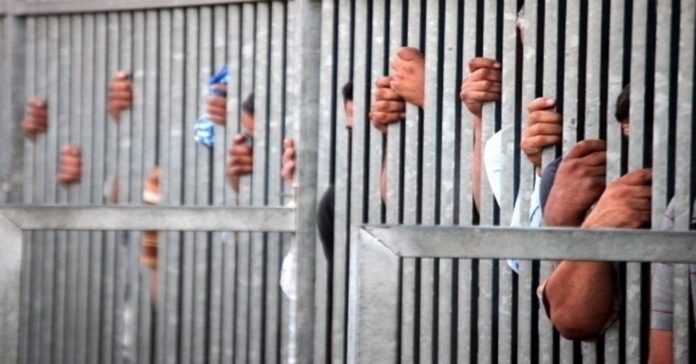On August 2, 2024, the Bombay High Court directed the Maharashtra government to submit an affidavit detailing measures to prevent the deterioration of mental health among prisoners. The court’s concern arises from the increasing number of suicides in jails and the need to ensure that prisoners’ mental well-being is safeguarded.
Concerns Over Prisoner Suicides
A division bench comprising Justices Revati Mohite-Dere and Prithviraj Chavan emphasized the importance of maintaining prisoners’ mental health. They urged the state to investigate and implement best practices from other countries to address this issue effectively. The court granted the government four weeks to provide an affidavit that outlines strategies and procedures for mental health care in prisons.
Petition Highlights Lack of Mental Health Care
The court’s intervention follows a plea by Lata Babulal Shinde, whose son Jitendra Shinde, a death row convict, committed suicide in Yerwada Central Jail. The petition alleges inadequate mental health care, referencing several legal and human rights documents, including:
- The Mental Healthcare Act, 2017
- Mental Healthcare (Rights of Persons with Mental Illnesses Rules) 2018
- NIMHANS Report on Mental Health Crisis During COVID-19
- NHRC Guidelines on Prevention of Suicide in Prisons
- Model Prison Act, 2023
- United Nations Standard Minimum Rules for the Treatment of Prisoners (Nelson Mandela Rules)
Court’s Directive on Treatment Procedures
The bench questioned Additional Public Prosecutor Prajakta Shinde about the current procedures for treating prisoners with mental health issues and the availability of psychiatric care within the prison system. Justice Mohite-Dere stressed that the state must provide appropriate treatment and not deny necessary care.
Background on the Plea
The plea stems from the tragic suicide of Jitendra Shinde, who was convicted in the high-profile Kopardi gang rape case of 2016. The case, which involved severe community protests, has brought attention to the need for better mental health provisions for prisoners.
The Bombay High Court’s directive aims to address significant gaps in mental health care for prisoners, reflecting a broader concern for the humane treatment of individuals in custody. The court awaits the government’s response and plans to issue guidelines based on the affidavit and additional information provided.


